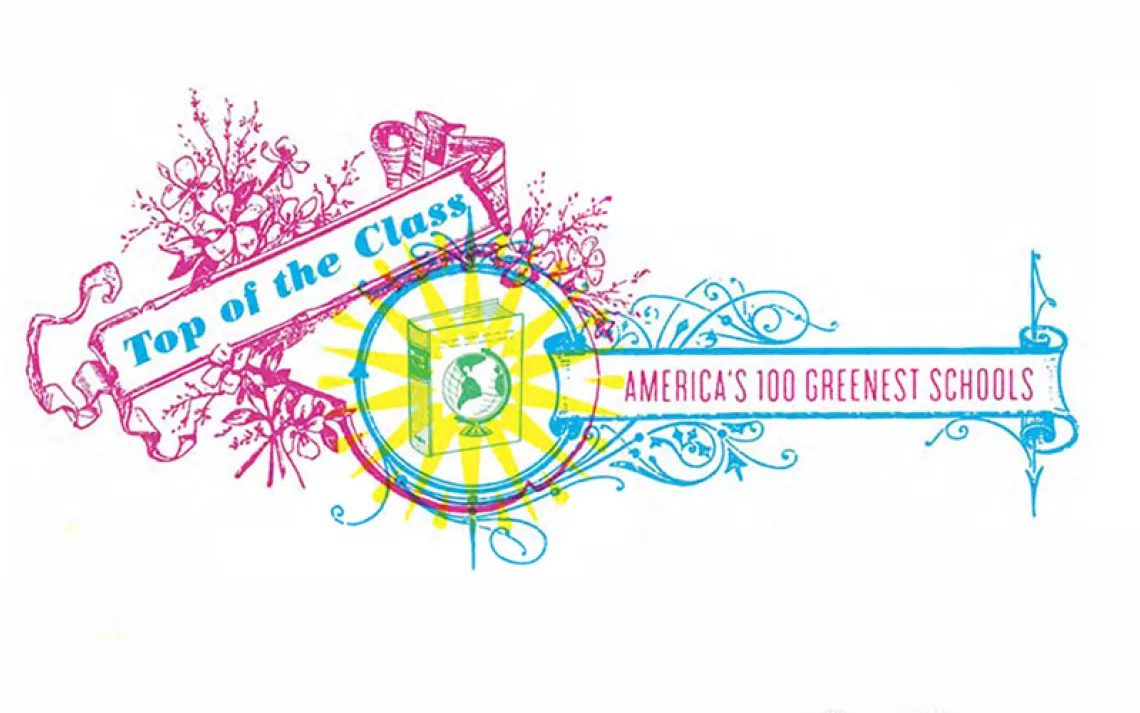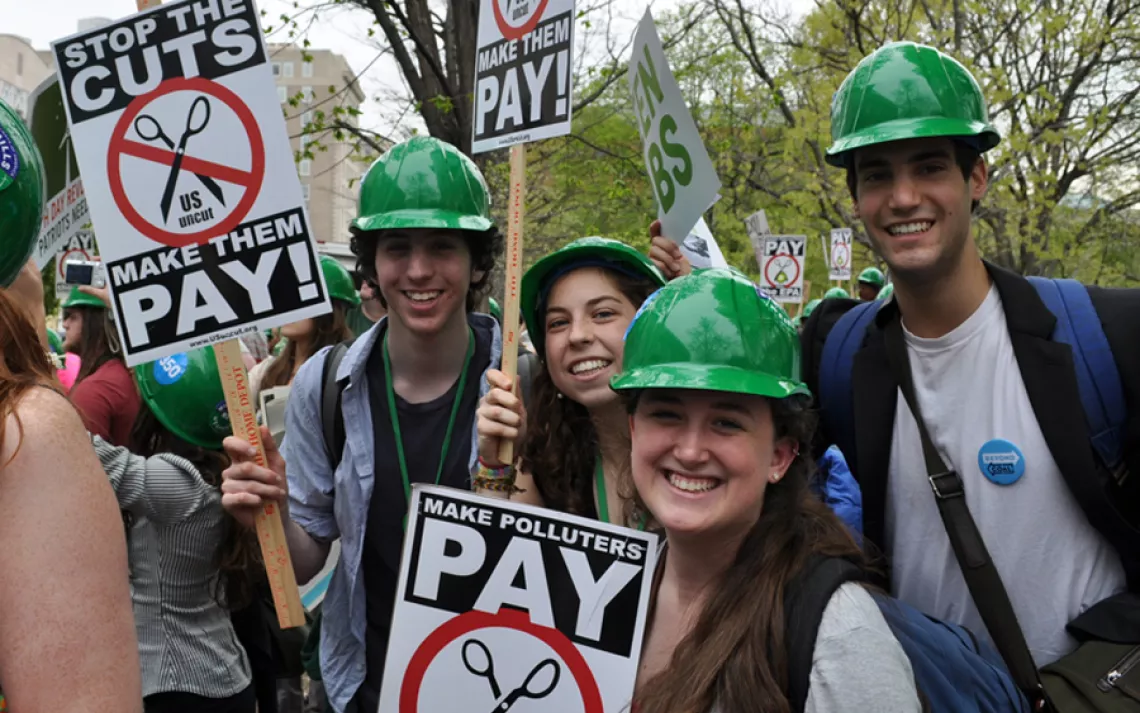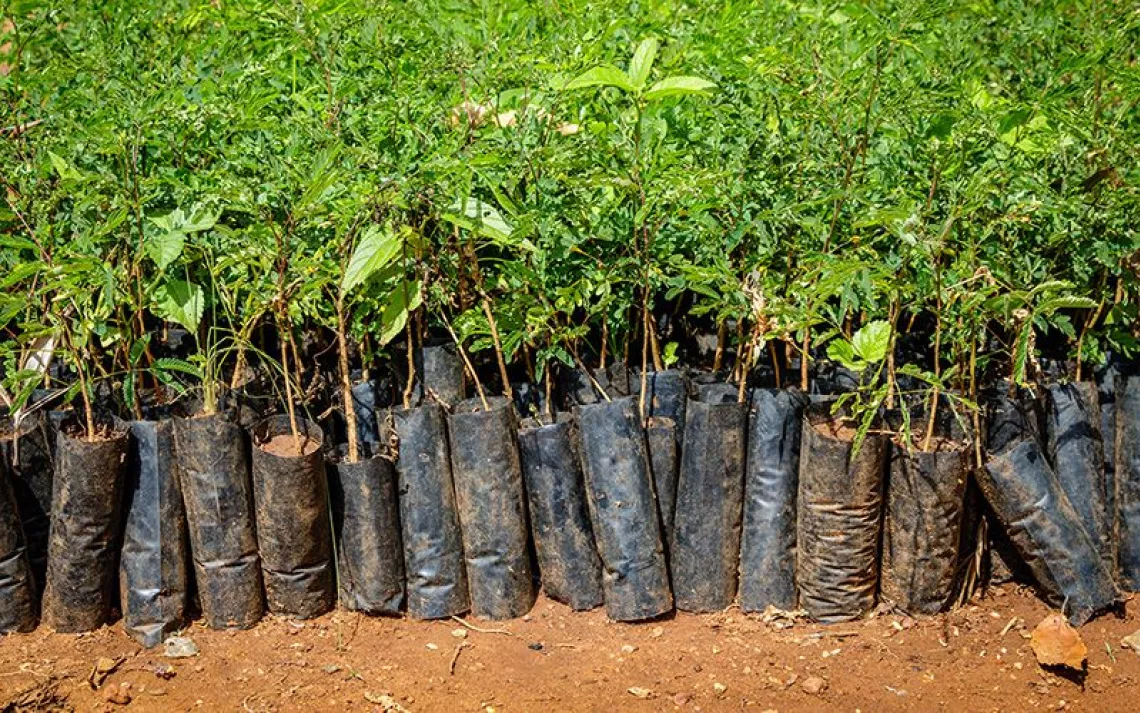Building the Future
Today's Eco-Activists Serve the Revolution by Tinkering in the Lab

College activism has a new angle of attack these days. While slogan-chanting, fist-pumping crowds continue to confront the status quo on campuses nationwide, students are also waging a quieter war in the classroom and in the lab, using equations and blueprints and soldering irons to shape a better world.
These warrior nerds are no less idealistic than their quad-occupying peers—especially when it comes to protecting the environment. They're just deploying that idealism to conceive cutting-edge products, build prototypes, and test their gadgets in the field. Some of them are even (gasp!) dropping out in their rush for tangible change. This new revolution's slogan might be "Less dreaming, more tinkering."
A transition is also brewing among college administrators, who are retrofitting energy-guzzling buildings, putting composting programs into place, seeding campus farms, funding clean-tech research labs, shuttering coal-fired power plants, and mandating curricula that guarantee environmental literacy.
The most progressive academies, like Ohio's Oberlin College, are extending their green reach into neighboring communities, creating micro-economies that can serve as models for global change. And when it comes to hands-on education, perhaps no institution has done more for rural villages worldwide than India's Barefoot College, which trains unschooled mothers from places as distant as Fiji, Peru, and Zanzibar to become solar engineers.
We celebrate the universities that have shown the highest level of commitment to making earth-saving decisions. Our sixth annual ranking of America's greenest colleges is based on an exhaustive online survey (developed in collaboration with the Association for the Advancement of Sustainability in Higher Education, the Sustainable Endowments Institute, and the Princeton Review), which required school officials to provide quantifiable information about their campuses' eco-initiatives. See a thorough description of our scoring methodology, along with the questionnaire itself and each university's complete response to it.
Our heartfelt thanks goes to the tireless sustainability officers who spent untold hours answering our hundreds of questions. Their dedication proves that students aren't the only college folks converting the ideals of environmentalism into fuel for real change.
 The Magazine of The Sierra Club
The Magazine of The Sierra Club



